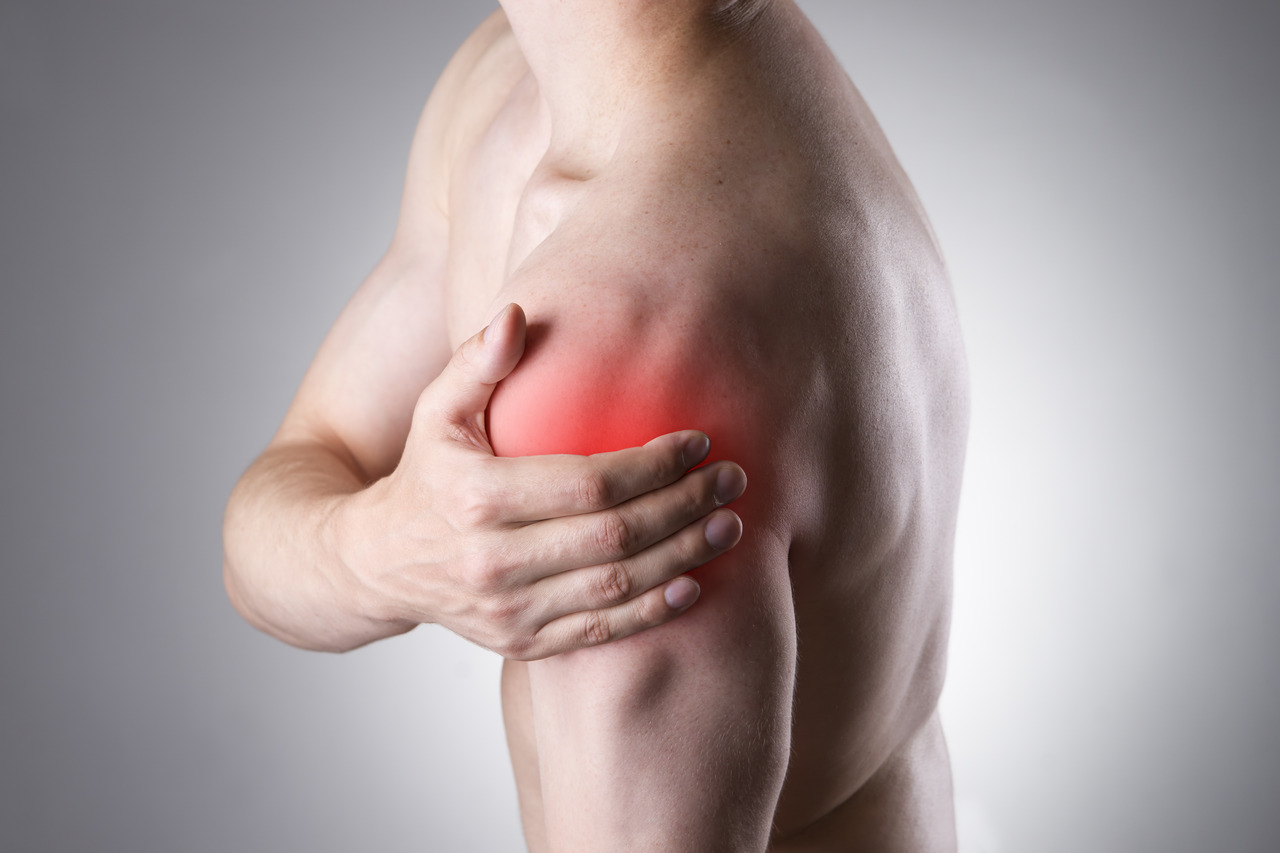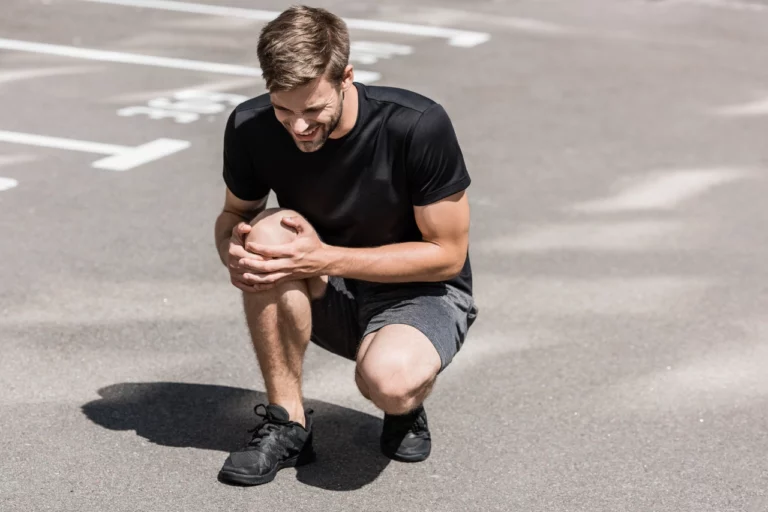Overcoming Rotator Cuff Pain: Insights into Physiotherapy
Dealing with rotator cuff issues can be challenging, especially for those leading active lifestyles. Physiotherapy has been proven to provide relief and rehabilitation for those suffering from this common ailment.
This blog post aims to educate you on the effectiveness of physiotherapy for rotator cuff issues, including exercises and the role of massage in treatment.
Understanding Physiotherapy for Rotator Cuff Issues
The rotator cuff is a group of muscles and tendons that stabilize the shoulder joint and allow you to move your shoulder and arm freely. Injuries to this area can cause pain and limit mobility, affecting daily activities.
Effectiveness of Physiotherapy
Physiotherapy is a cornerstone in treating rotator cuff injuries. It involves personalized treatment plans, which may include exercises, manual therapy, and other modalities. The goals are to alleviate pain, restore function, and strengthen shoulder muscles.
Evidence Supporting Physiotherapy
Research underscores the effectiveness of physiotherapy in treating rotator cuff injuries. Studies in medical journals reveal significant improvements in pain management and shoulder function following physiotherapy.
Exercises for Rotator Cuff Pain
Exercises play a vital role in the recovery and strengthening of the rotator cuff. They focus on enhancing the strength and mobility of the shoulder.
Recommended Exercises
- Shoulder Pendulum: This exercise can aid in relieving tension and improving shoulder mobility.
- Rotator Cuff Strengthening: Utilizing resistance bands or weights, these exercises target the strengthening of the rotator cuff muscles.
- Scapular Retractions: This can help improve posture and strengthen the muscles around the shoulder blades.
It’s crucial to perform these exercises under professional guidance to ensure effectiveness and safety.
The Role of Massage in Treating Rotator Cuff Issues
Massage therapy can be an integral part of physiotherapy for rotator cuff issues. It offers several benefits, including muscle tension relief, improved blood flow, and increased mobility.
Effective Massage Techniques
Techniques like deep tissue massage and myofascial release can be tailored to individual needs, enhancing the recovery process.
Identifying Warning Signs of a Rotator Cuff Tear
Rotator cuff tears can be subtle in their onset, making it important to recognize the early warning signs. Two primary indicators include:
- Persistent Pain: Often described as a deep ache in the shoulder, this pain may worsen at night, especially when lying on the affected side.
- Weakness and Limited Mobility: Stiffness, difficulty in performing overhead activities or a noticeable weakness in the shoulder can be a sign of a tear in the rotator cuff.
Being aware of these symptoms and seeking timely medical advice can prevent further aggravation of the injury.
First-Line Treatment for Rotator Cuff Injury
The first-line treatment for a rotator cuff injury typically involves conservative methods. Key components of this initial approach include:
- Rest and Activity Modification: Avoiding activities that exacerbate the pain is crucial. This step helps in reducing inflammation and preventing further injury.
- Cold and Heat Application: Using ice packs and heat pads can help in managing pain and swelling.
- Physiotherapy: As discussed earlier, targeted exercises and therapies play a vital role in healing and strengthening the rotator cuff.
It’s important to note that these treatments are often personalized based on the severity of the injury and the individual’s overall health.
Duration of Physiotherapy for Rotator Cuff Injury
The duration of physiotherapy for a rotator cuff injury can vary depending on several factors, including the severity of the injury, the patient’s age, and their overall health and fitness level. Generally, the timeline for recovery can range from a few weeks to a few months or more, depending on the severity of the injury and the response to treatment.
It’s essential to remember that each individual’s recovery journey is unique, and patience and adherence to the physiotherapist’s guidance are key to successful rehabilitation.
Let Us Help You With Rotator Cuff Recovery in Edmonton South
Physiotherapy in Edmonton South is vital in addressing rotator cuff issues. Understanding the warning signs, first-line treatments, and the typical duration of physiotherapy for rotator cuff injuries empowers individuals to seek timely and effective care.
Propel Sports Physical Therapy stands ready to support your journey to recovery with our expert team and treatment plans, tailored to your unique needs. Contact us today to begin your path to recovery and regain your active lifestyle with confidence.




